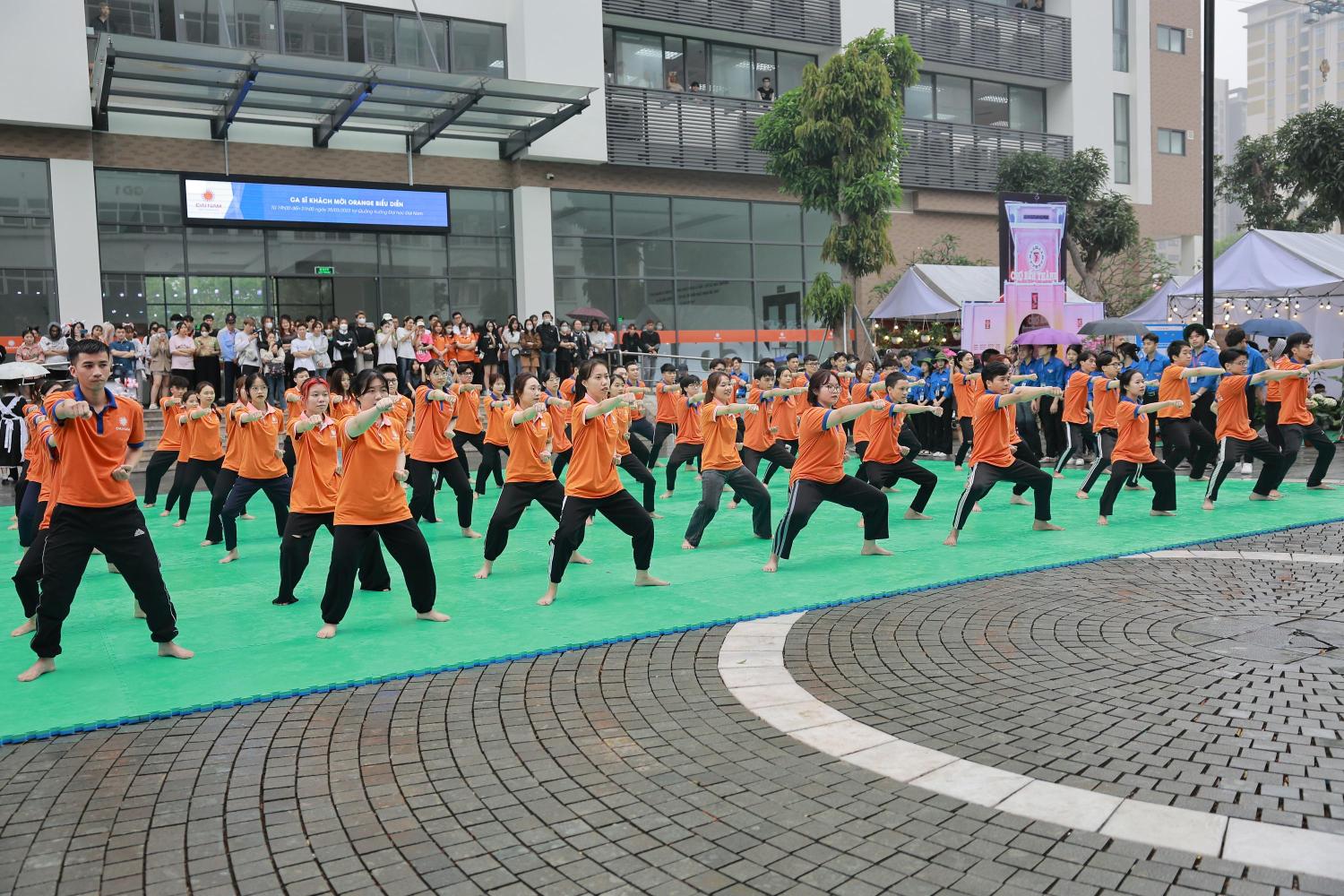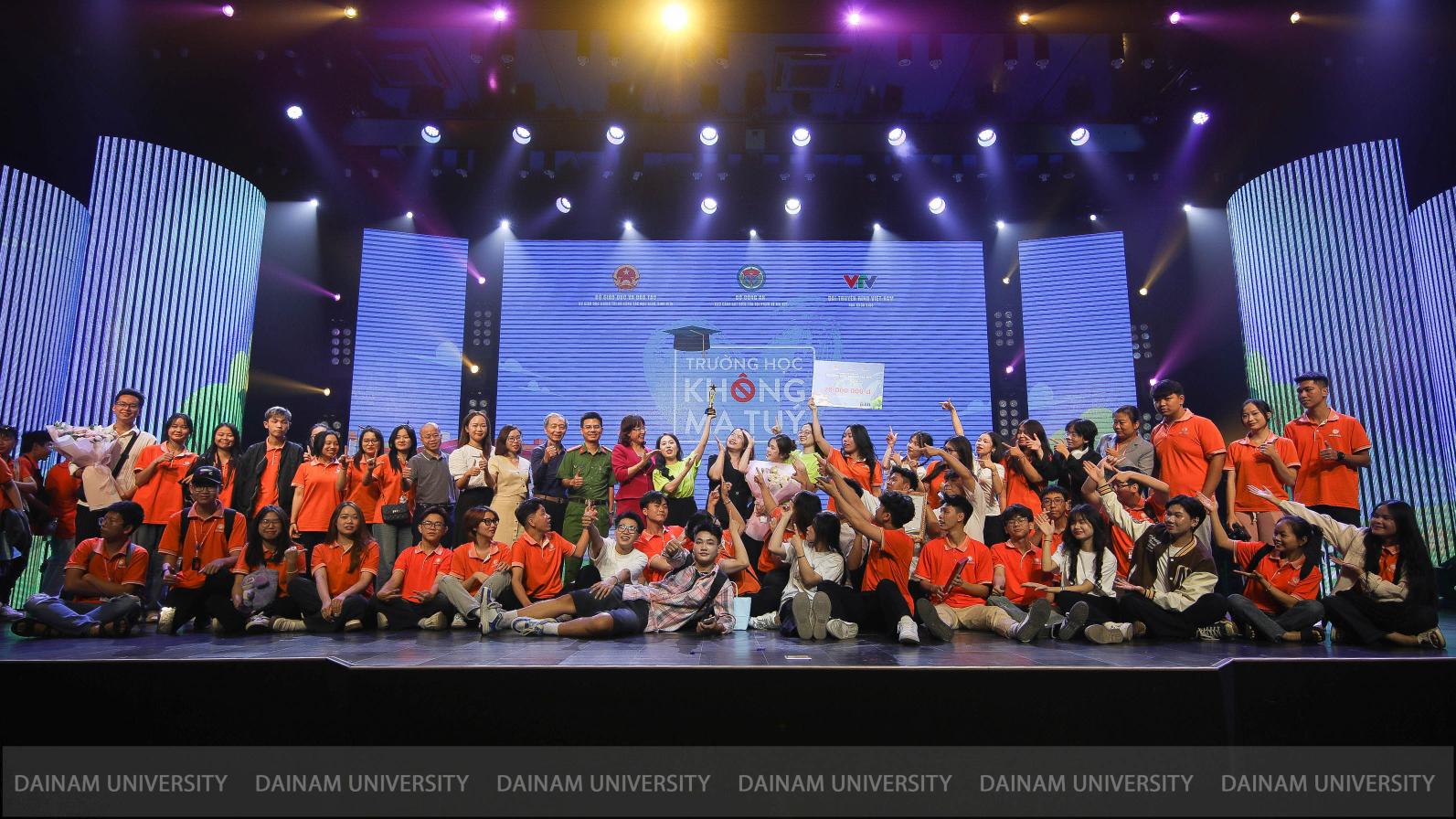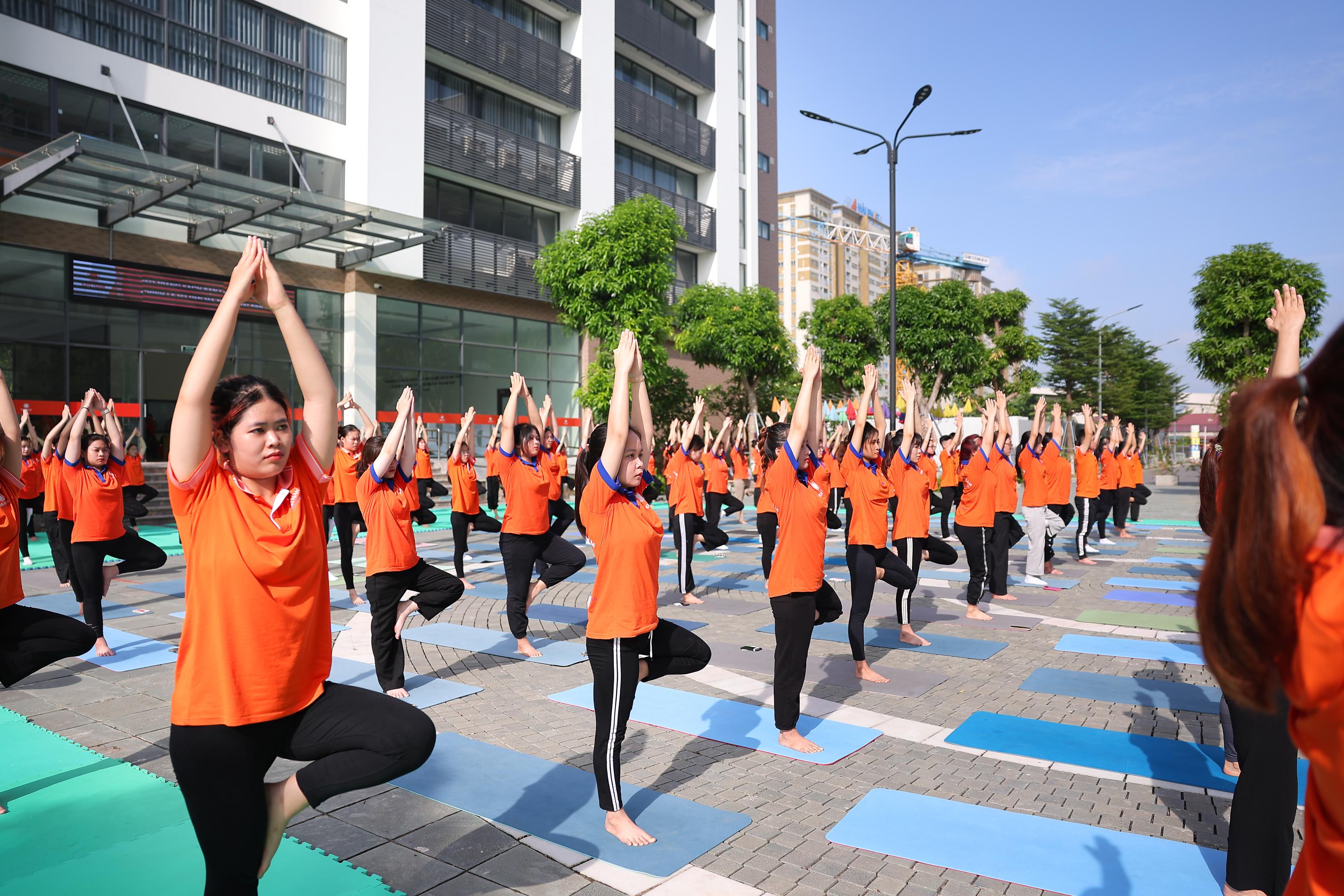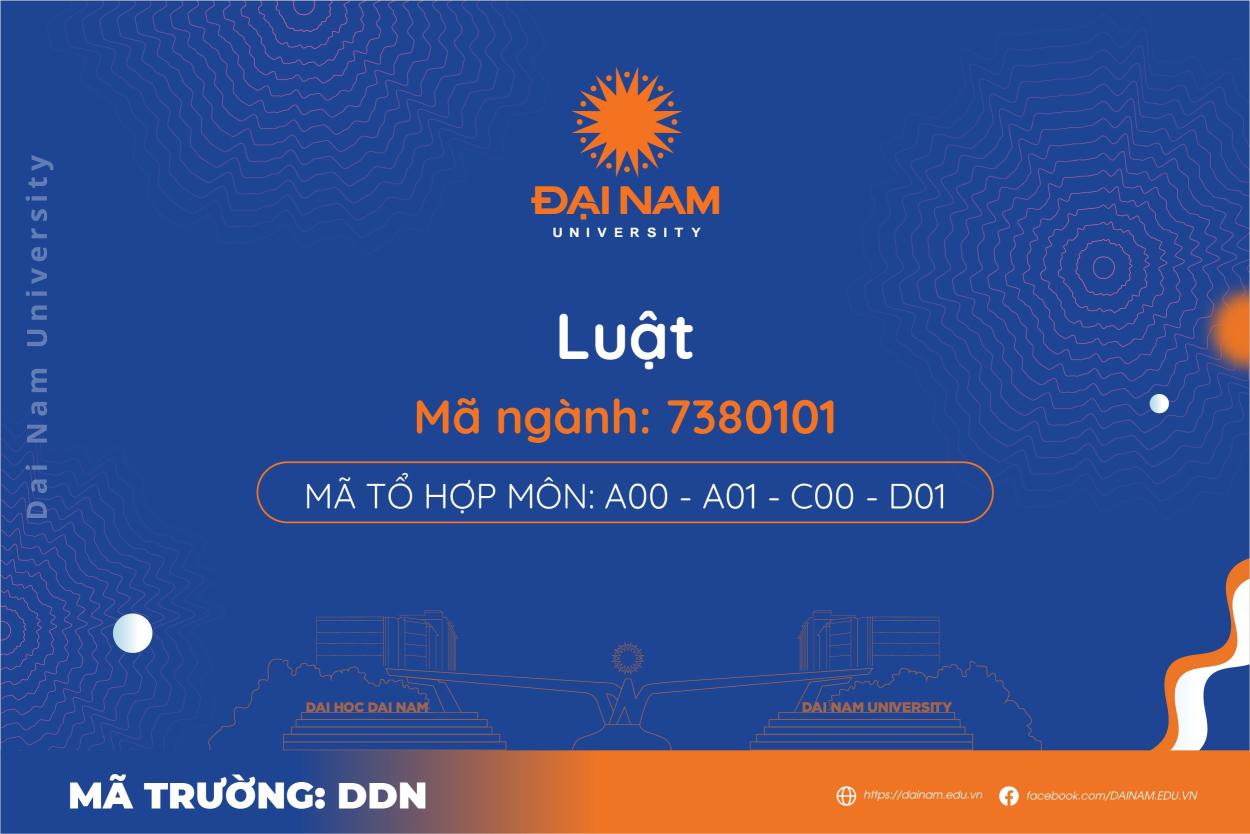Law is a field of study and research focused on legal regulations, legal systems, and the application of law in real-life situations. This discipline equips students with a thorough understanding of the rights, obligations, and responsibilities of individuals and organizations within society. Law students are trained to become professionals capable of resolving disputes, providing legal counsel, protecting legitimate rights and interests, and enforcing the law across various areas such as civil, criminal, economic, and administrative law.
Overview of the study field
Law is a highly sought-after field of study that attracts significant attention in today’s modern society. By pursuing a degree in Law, students gain a strong foundation in legal systems, along with essential skills in analysis, critical thinking, and problem-solving. In addition, Law students have the opportunity to gain real-world experience through practical training sessions at legal institutions, companies, and organizations involved in legal affairs
Major code
7380101
Training duration
3 years - 9 semesters
Degree after graduation
Bachelor's Degree in Law
Admission combination
- Literature, History, Geography (C00)
- Math, Literature, History (C03)
- Math, Literature, Geography (C04)
- Math, Literature, Civic Education (C14)
- Math, Literature, English (D01)
- Literature, History, English (D14)
- Math, Literature, Economic and Law Education (X01)
Degree after graduation
Bachelor's Degree in Law

Highlights of the training program
The training program is designed with a practical orientation, aiming to equip students with a solid foundation in legal knowledge and real-world problem-solving skills.
Upon graduation, learners will possess professional competence, along with the ability to work independently and creatively.
Practice-oriented training
Learning through hands-on experience
Students gain practical experience at government agencies, businesses, and participate in industry-specific competitions such as legal debates, mock trials, and mock auctions, providing them with a clear vision of their future careers.
Internships and Employment
Starting from their second year, Law students at Dai Nam University have the opportunity to intern at government agencies, public administrative organizations, judical bodies, courts, enforcement agencies, as well as many reputable organizations and businesses in Vietnam. 100% of students are connected with job opportunities before graduation.
Graduate competencies
Graduate competencies

Curriculum structure
Learning and teaching methods

Job opportunities after graduation
-
Workforce demand
-
What jobs can you do after graduation? Where can you work?
- Legal specialists and experts in Party agencies, the Vietnam Fatherland Front, political-social organizations, professional social organizations.
- Legal specialists and experts in state agencies from central to local levels, such as the National Assembly, the Government, Ministries, Central sectors, People's Councils, People's Committees at all levels, local departments, and agencies.
- Legal specialists, judges, prosecutors, investigators, execution officers, etc., in judicial bodies such as People's Courts, People's Procuracies, and enforcement agencies.
- Legal consultants, lawyers, legal experts, arbitrators, notaries, conciliators, bailiffs, etc., in legal service organizations like law offices, law firms, notary offices, bailiff offices, commercial arbitration, international arbitration, etc.
- Legal specialists, legal experts, or legal consultants in businesses across various economic sectors.
- Lecturers, researchers at training and research institutions (e.g., institutes, universities, colleges, and high schools).
- Other organizations and agencies.
-
How much is the salary?
-
Lawyer: The average salary ranges from 15,000,000 to 20,000,000 VND/month. For experienced lawyers in managerial roles, the salary can reach from 30,000,000 to 40,000,000 VND/month, plus a revenue percentage.
-
Legal Specialist: The salary ranges from 8,000,000 to 25,000,000 VND/month, depending on experience and the size of the company.
-
Notary: The average salary ranges from 6,000,000 to 12,000,000 VND/month.
-
Court Clerk: The salary ranges from 4,200,000 to 9,000,000 VND/month, excluding allowances and bonuses.
-
Prosecutor/Attorney: The average salary ranges from 8,000,000 to 10,000,000 VND/month, with a 25% monthly allowance.
-
Admission methods and registration guidelines for 2026
Register for admission consultation 2026
In 2026, Dai Nam University will admit students to 38 majors and academic programs across the following disciplinary clusters: Health Sciences; Engineering and Technology; Economics and Business; Social Sciences and Humanities; and Fine Arts and Design.
Register now to secure
scholarships and tuition support worth up to 55 billion VND
scholarships and tuition support worth up to 55 billion VND

Register now to secure
scholarships and tuition support worth up to 55 billion VND
scholarships and tuition support worth up to 55 billion VND








